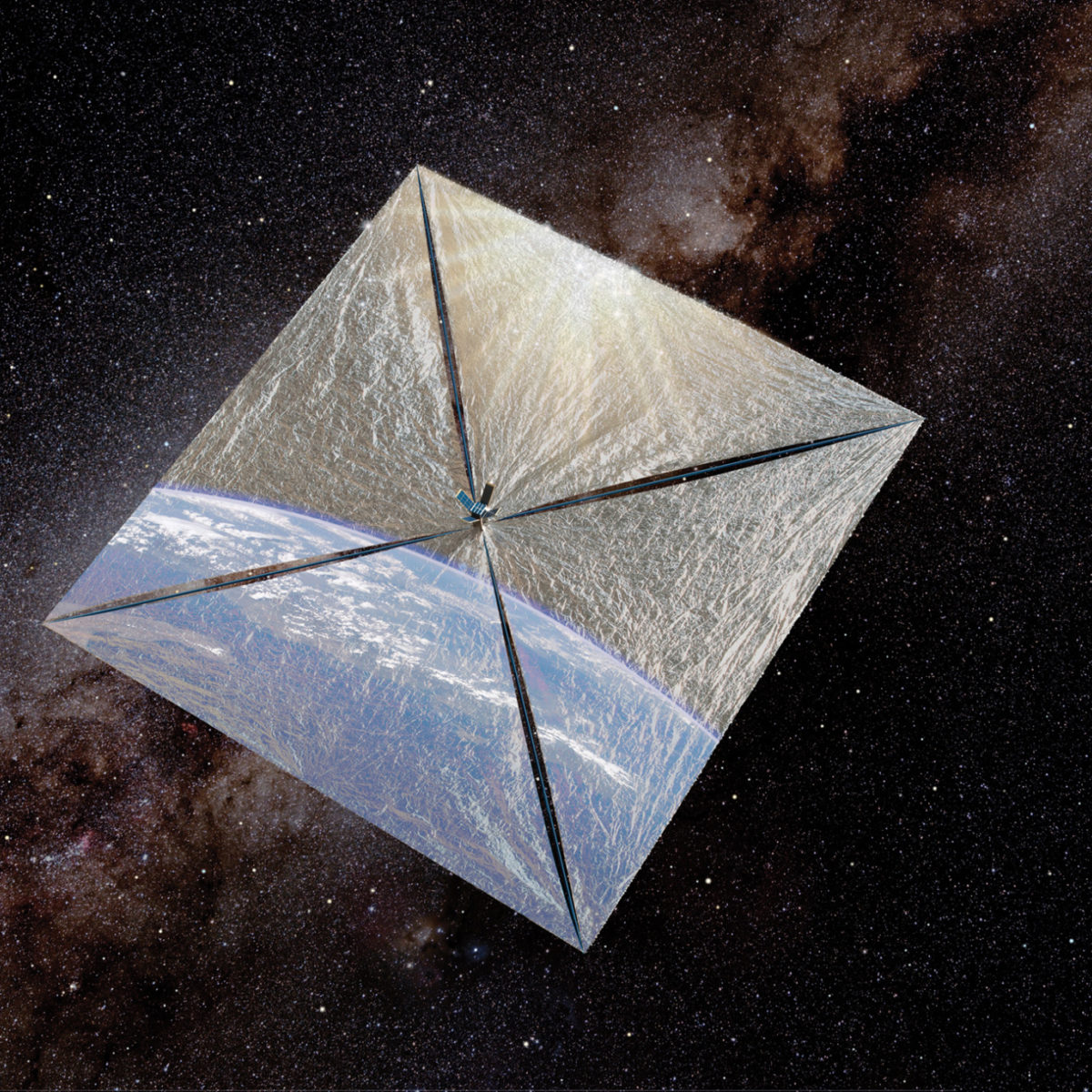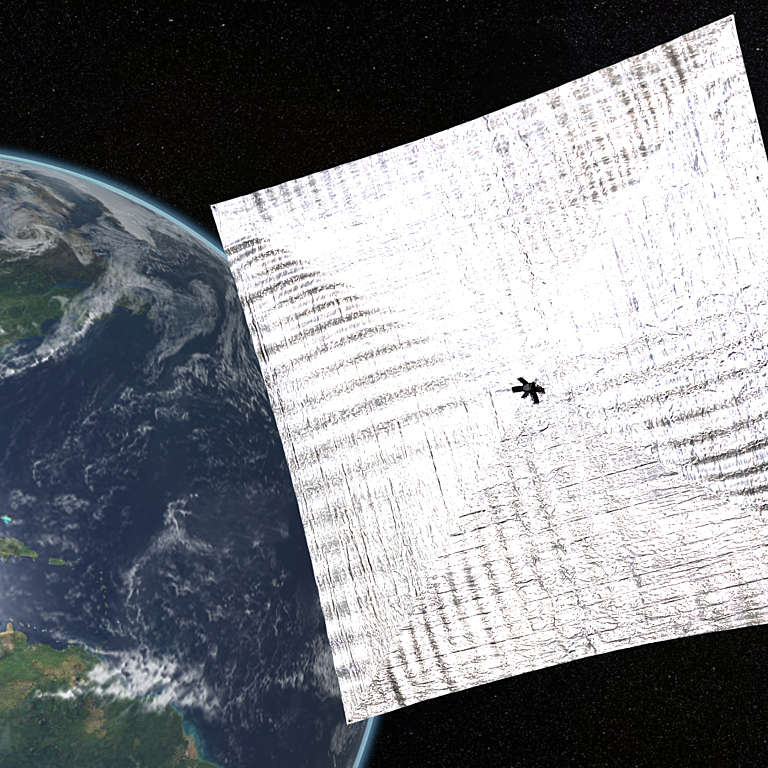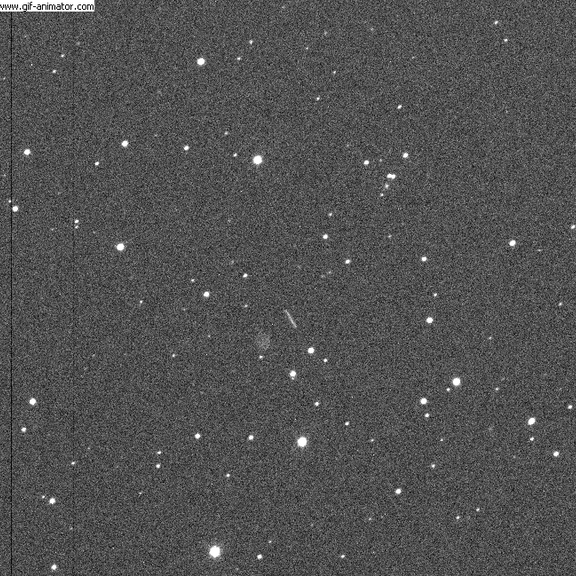All
All
Stories, updates, insights, and original analysis from The Planetary Society.
Volna Failure Review Board Reports on Loss of Cosmos 1
The Volna Failure Review Board convened by the Makeev Rocket Design Bureau, manufacturers of the Volna launch vehicle, has made its final report to the Russian space agency, Roskosmos, concerning the attempted June 21 launch of our Cosmos 1 spacecraft.
Analyzing Signals in Real Time
Candidate signals sent in by users around the world will be quickly analyzed and compared to existing signals.
The Planetary Society Asks "Where is Cosmos 1?" Received Signals May Have Come from Solar Sail Spacecraft in Orbit
The Planetary Society continues to investigate the mystery of what happened to its Cosmos 1 spacecraft - a joint project with Cosmos Studios - that launched last week on a Russian Volna rocket.
The Story of Cosmos 1 is Not Over: A Personal Report
The word failure is sticking in my craw. Certainly, we failed to achieve the objective of Cosmos 1: we did not achieve solar-sail flight. But I don’t think, with all we have done, that I can call Cosmos 1 a failure.
Piecing the Data Together
We’ve had a very exciting day here in Moscow. Bud Schurmeier and I met with Konstantin Pichkhadze, head of the Lavochkin Association, which built our spacecraft, Cosmos 1.
The Launch of Cosmos 1: Live Reports
In the past twenty-four hours, the Russian space agency (RKA) has made a tentative conclusion that the Volna rocket carrying Cosmos 1 failed during the firing of the first stage. This would mean that Cosmos 1 is lost.
Final Words Before Launch
Speaking by phone to a roomful of journalists in Pasadena less than 2 hours before the expected launch, project director Louis Friedman reiterated his confidence in the entire Cosmos 1 team.
Cosmos 1 Solar Sail will Carry CD into Orbit
When Cosmos 1, the first solar sail spacecraft, launches on June 21, 2005, it will carry into Earth orbit a CD containing the names of over 75,000 members of The Planetary Society and the Japan Planetary Society, along with the works of early visionaries who inspired solar sailing.
Cosmos 1 "Mated" to Volna Rocket in Preparation for Tuesday Launch
The world’s first solar sail spacecraft, Cosmos 1, is now mated to its Volna launch vehicle and ready for its ride into space.
The buzz begins!
Yesterday, we sent out an invitation to print, TV, and Web media for the launch event we'll be holding at our Pasadena headquarters on Tuesday. So today, the buzz really began about our mission, and the phones are beginning to ring off the hook.
Cosmos 1: Another rehearsal...
Rehearsals don't always go so well, which is the whole point of rehearsals. That was true both for us and for the Russians today, in separate simulations of mission operations.
Worldwide Network to Track Cosmos 1
From Moscow to the Marshall Islands and California to the Czech Republic, tracking stations around the world will receive data from Cosmos 1, the world's first solar sail spacecraft after it launches on June 21, 2005.
Launching Cosmos 1 on a Soviet ICBM
The biggest reason that NASA—as well as other western space agencies—has not attempted a solar sail flight is that the cost of launching even a small spacecraft is so high that they are unwilling to carry out a mission with very modest goals.
Astronomers Revise Torino Scale Asteroid Advisory System
Astronomers have revised the Torino scale, the color-coded advisory system to assess the threat of asteroids and other near-Earth objects (NEOs) to make it easier for the public to understand.
IBM's World Community Grid: A New SETI@home-Inspired Venture
As SETI@home has demonstrated, untold millions around the world are ready and eager to donate their computer time for the advancement of knowledge and the benefit of humankind. The story of distributed computing is only just beginning.
Scientists from Different Fields Line Up to Join the BOINC Family
BOINC stands for the “Berkeley Online Infrastructure for Network Computing.” Its purpose is to spread the credo of distributed computing beyond SETI@home, by making it easy for researchers in all fields to launch their own projects, and tap into the enormous computing capacity of personal computers around the world.
Multi-Beam Receiver Promises New Vistas for SETI Research
Faster and more regular sky surveys, at an increased sensitivity and broader bandwidth, will push the boundaries of SETI to new and unexplored territories.
Netlander Mission Cancelled
Due to funding difficulties within the French space agency, CNES, the Netlander mission has been officially canceled.
Pulses, Triplets, and Gaussians: Rescoring the Reobservations
It has been more than a year since the SETI@home crew spent a hectic week at Arecibo, pointing the giant radio telescope at some of SETI's most promising targets. Much of the data collected during the reobservations has since been repackaged as work units, and sent out to users around the world for analysis.
Updates from Past Recipients of the Shoemaker NEO Grants (16 April 2004)
2003 was a good year with 50,779 asteroid astrometric observations submitted, including known NEOs and the discovery of a new Aten-class object, 2003 UY12. Based upon the volume of astrometric observations submitted, observatory code 683 was the world's eighth most productive asteroid astrometry station.


 Explore Worlds
Explore Worlds Find Life
Find Life Defend Earth
Defend Earth


 Sun
Sun Mercury
Mercury Venus
Venus Earth
Earth Mars
Mars Jupiter
Jupiter Saturn
Saturn Uranus
Uranus Neptune
Neptune Small Bodies
Small Bodies






